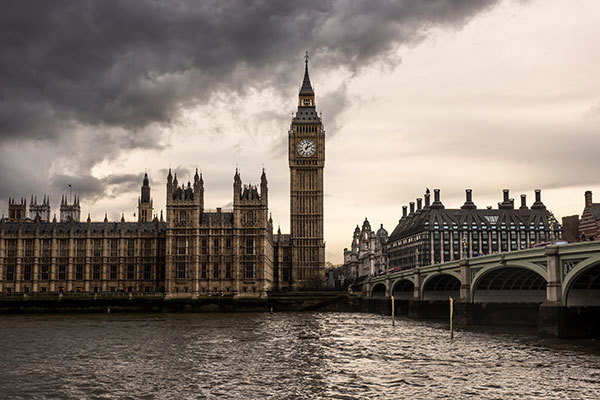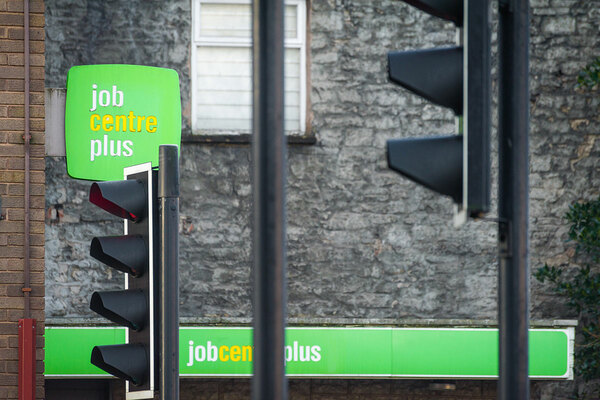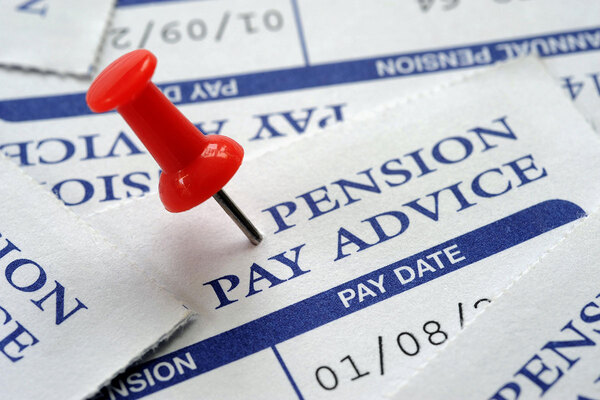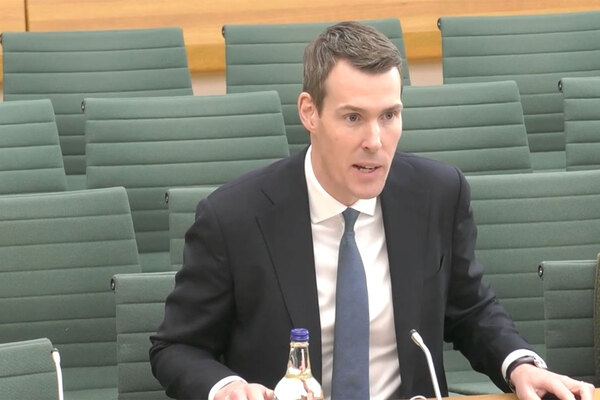Government to end Local Housing Allowance rate freeze after four years
A total of 900,000 people could see their benefits increase from April after the government revealed it would end the four-year freeze to Local Housing Allowance (LHA) rates.
In a statement to the House of Commons today, Will Quince, minister of welfare delivery, revealed that the government would be submitting a bill to parliament this afternoon legislating that after 1 April rates will be raised in line with the Consumer Price Index (CPI) inflation rate, which is around 1.5%.
The government has said that the end to the freeze will impact about 900,000 claimants and will see the amount of housing benefit received by claimants rise by £10 per month on average.
The move comes after the government announced in November that it would be ending the freeze to the majority of working-age benefits and increasing these in line with CPI. These included for those claimants on Universal Credit and other legacy benefits such as Jobseeker’s Allowance and child benefit.
However, any action to unfreeze LHA rates was not mentioned as part of these changes.
LHA rates are used to calculate the level of housing benefit tenants renting from private landlords should receive to help with housing costs.
A freeze on LHA rates was introduced in 2016 by then-chancellor George Osborne, replacing the existing regime which saw LHA rates broadly cover the cheapest third of rents within the government’s ‘broad rental market areas’.
However, as rents have increased over the years, so has the disparity between what claimants receive in housing benefit and the amount they have to pay towards rent.
A recent report by the Chartered Institute of Housing found that in 60% of areas in England, the LHA rate would cover only the lowest 15% of rents in a given area.
This has led to increased pressure on the government from housing charities and the sector to scrap the freeze because it was driving homelessness across the country.
The government has confirmed that housing benefit payments will increase automatically, and tenants will not need to apply to receive the extra cash.
Last week there was a wave of reports highlighting just how badly the LHA rate freeze was impacting tenants.
On Monday, housing charity Crisis revealed that families were having to give up at least a quarter of the national average weekly food shop in 70 of the country’s 152 ‘broad rental market areas’.
On Wednesday, a report by the Scottish government revealed that Scottish households were losing out on an average of £64 per week because of the LHA rate cap.
John Stewart, Policy Manager for the RLA, said the increase did not go far enough.
He said: “The benefit level needs to reflect the realities of the level of rents locally.
"Given rents have risen by an average of 5%, and in some areas more than that over the last 4 years, a rise of 1.5% in the benefit level is not going to be much help to a tenant struggling to afford the rent in those areas and many others.
“If it really wants to help tenants, the government should restore the direct link between rent levels and the LHA instead of a paltry flat rate increase.”
Jon Sparkes, Crisis chief executive, said: "This is a missed opportunity for the government to put their money where their mouth is and provide struggling families with a life line. It’s vital that the government restores housing benefit to cover the cheapest third of rents.”
Mr Quince said: “This government is levelling up opportunity across the UK, and this will be a welcome increase for around 900,000 people as we provide more money to help pay for housing.
“We are committed to tackling all forms of homelessness – ending the freeze on housing benefits is just one part of achieving this.
“We have announced an additional £263m to help councils provide better support to homeless people, and importantly, prevent people from becoming homeless in the first place.
“We will continue to work with the Ministry of Housing, Communities and Local Government, and others across government, to find ways to support the cost of living in the rented sector.”
Sector responds to government's decision to end Local Housing Allowance freeze
Helen Barnard, deputy director of policy and partnerships at the Joseph Rowntree Foundation, said: “The government’s decision to lift the freeze on Local Housing Allowance is a step in the right direction, and we welcome this signal of a new approach for the decade ahead.
"But on its own this move won’t be enough to free people from being pulled into poverty and homelessness by high housing costs. To halt homelessness and free people from in-work poverty, the Government must use the next Budget to ease the pressure on households struggling with high housing costs.
"Re-setting Local Housing Allowance rates to cover the bottom third of local rents would give people on low incomes the lifeline they urgently need when they’re being swept into poverty by rising rents.
"To turn the tide in the longer term we also need significant investment to increase the supply of truly affordable social housing. Without this, gains created in other areas, like higher pay and lower wages, will continue to be lost.”
Councillor Kieron Williams, cabinet member for housing management and modernisation at Southwark Council, said: “Any increase in the LHA rate is of course welcome but this rise falls well short of what’s needed.
"The previous cut and freeze mean the rate is now so low that in boroughs like Southwark, and a growing number of others, the current rate is not even close to covering the cost of a decent private rented home. Just increasing it by inflation won’t change that.
"We need to get back to a rate that is set based on the actual cost of renting locally.
"Until that happens we will continue to see families forced into poverty and homelessness, and out of their local community.”
“Right now across the country, people are battling to keep their head above water by going without food or missing a crucial bill payment just to be able to pay their rent. No one should be forced to live like this, especially when we know we have the means to fix it. Our research shows that by investing in housing benefit, so it covers the true cost of rents, the Government could lift more than 35,000 children out of poverty.
Jon Sparkes, chief executive at Crisis, said: “In our society everyone should be able to rent a safe, affordable home where they can thrive. So it’s extremely disappointing to see the government’s decision to raise housing benefit in line with inflation, following years of cuts, is just a drop in the ocean to what we know families need.
“Ultimately, making sure that everyone has a safe and secure home benefits us all. This is a missed opportunity for the government to put their money where their mouth is and provide struggling families with a life line. It’s vital that the government restores housing benefit to cover the cheapest third of rents."













